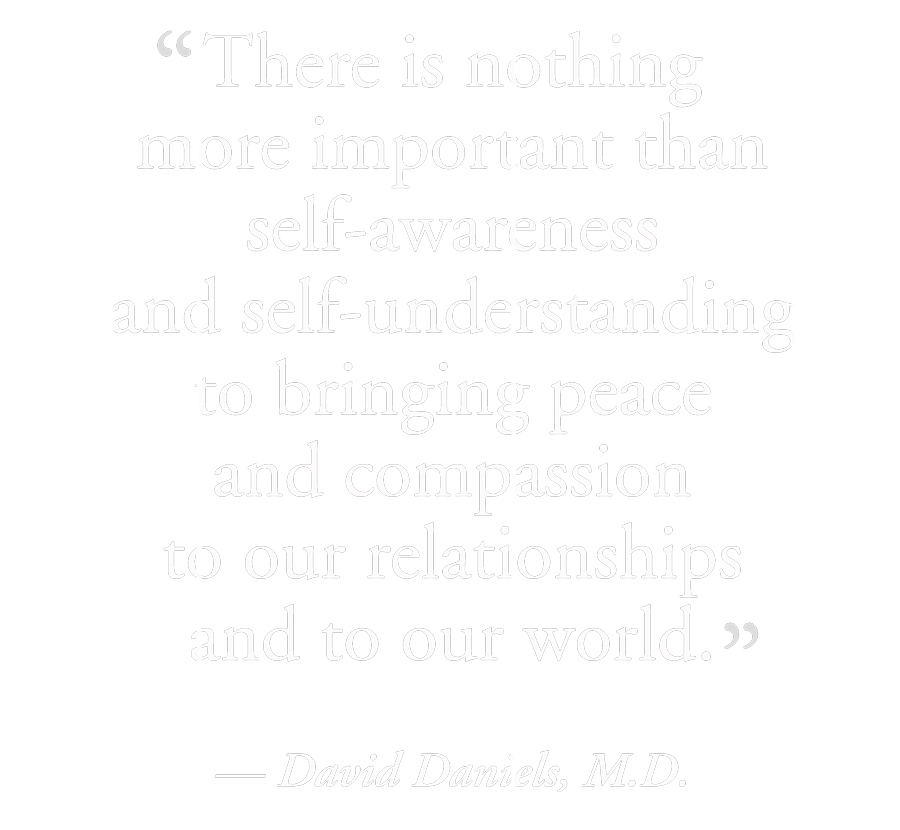Enneagram Prison Project and Teaching in Prison
Working With Prison Inmates
Freeing Prisoners from the Prisons of Our Own Making
My friend and Enneagram colleague, Susan Olesek, founded the very moving, rapidly growing Enneagram Prison Project (EPP) in April of 2012.
In order to do so, Susan and the founding EPP Board — Susan’s husband Rick Olesek and colleague Suzanne Dion — have been facing and overcoming the prejudices and stereotyping so pervasive in our culture regarding “those” who have been imprisoned, including our perception that prisoners are somehow “less than” – less flexible, less intelligent, all the way to not interested in bettering themselves and/or being beyond reproach.
 Last week, Susan and EPP Founding Board Member Suzanne Dion invited me to join them at Elmwood Correctional Facility in Milpitas, CA, a facility where Enneagram Prison Project (EPP) started its first pilot program, where Susan and Suzanne have been teaching two side-by-side 12-week classes to both female and male inmates. I went from “hearing about” what they had been doing with EPP to standing right there with them, teaching, talking, and sharing with a group of incarcerated men of various Enneagram types. What immediately surprised me was the extent of openhearted curiosity present in the attending men and the incredible awareness they had each fostered at the ten-week mark of their Enneagram style and defense patterns.
Last week, Susan and EPP Founding Board Member Suzanne Dion invited me to join them at Elmwood Correctional Facility in Milpitas, CA, a facility where Enneagram Prison Project (EPP) started its first pilot program, where Susan and Suzanne have been teaching two side-by-side 12-week classes to both female and male inmates. I went from “hearing about” what they had been doing with EPP to standing right there with them, teaching, talking, and sharing with a group of incarcerated men of various Enneagram types. What immediately surprised me was the extent of openhearted curiosity present in the attending men and the incredible awareness they had each fostered at the ten-week mark of their Enneagram style and defense patterns.
Working with the California Youth Authority
In the early 1980s and before I had begun studying the Enneagram, I was working on a project in a California Youth Authority facility. I was brought in to teach a participative management style to the staff in order that their already-existing-yet-struggling transactional analysis treatment program had a chance of succeeding. The process and teachings I fostered worked. The number of youth acting out went down significantly, grades went up dramatically, and cooperation between the youth-aged inmates and the staff grew enormously. I learned working there that these young guys were just “young,” trying to find the only way they knew to a good life and trying to learn more about self-control in order to do so.
Read More


